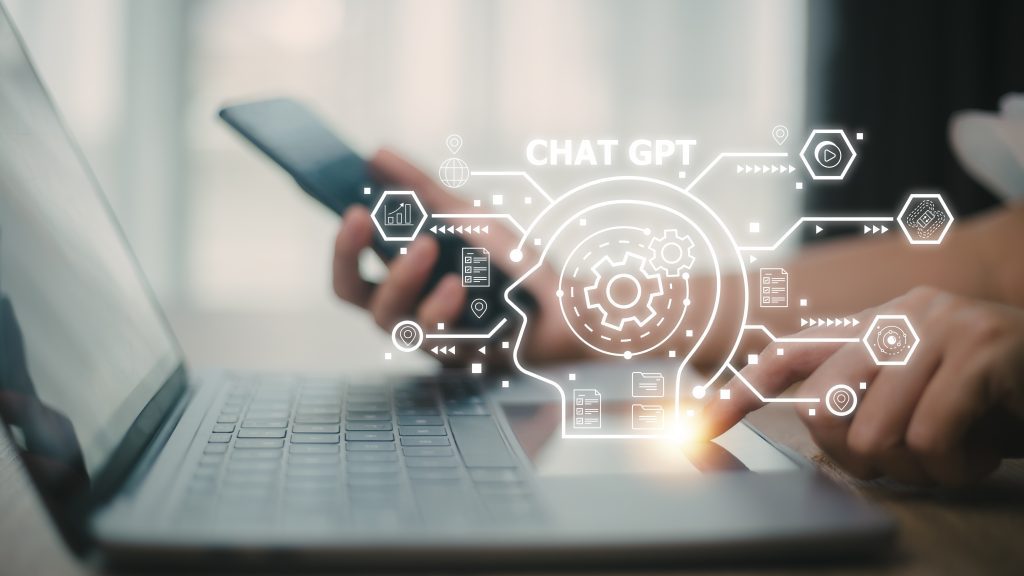More authors sue OpenAI for copyright infringement in ChatGPT training
Prominent authors, including Pulitzer Prize winner Michael Chabon, are taking on OpenAI in a federal court, alleging copyright infringement. They claim their literary works were misused to train ChatGPT without consent. This lawsuit marks the third such case against OpenAI.

A consortium of well-known American authors, including the Pulitzer Prize recipient Michael Chabon, has initiated legal action in a federal court in San Francisco, alleging that OpenAI violated copyright laws. Their claim centers on the accusation that OpenAI inappropriately employed their literary creations for the training of its widely used AI chatbot, ChatGPT, without securing their explicit consent. This legal action signifies the third instance of authors pursuing class-action lawsuits against OpenAI for alleged copyright infringement.
Why does this matter?
The case highlights the ethical considerations surrounding AI development. Should AI models like ChatGPT be trained on copyrighted content without authorisation, and what are the implications for original creators?
The lawsuit’s primary objectives are to secure unspecified financial compensation and obtain a court injunction preventing OpenAI from participating in what the authors perceive as ‘unlawful and unjust business practices.’ OpenAI has faced prior legal challenges related to copyright infringements in the realm of AI training, with the central issue revolving around the argument of fair use concerning publicly accessible internet content.
The outcome of this lawsuit could set a legal precedent for future cases involving AI and copyright, potentially impacting how AI models are trained and the responsibilities of AI developers.


